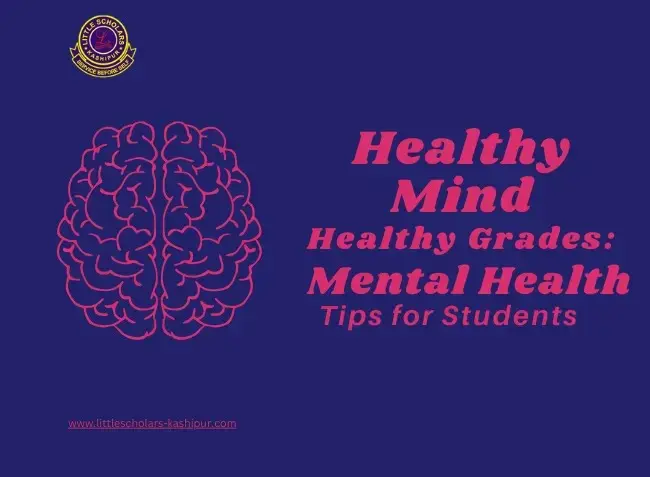College is an exciting time of growth and learning, but it can also be a period of stress and anxiety. Balancing coursework, extracurricular activities, social life, and personal issues can be overwhelming. It's crucial to maintain your mental health to ensure not only academic success but also a fulfilling college experience. This blog post will explore practical mental health tips that can lead to a healthier mind and better grades.
Understanding the Importance of Mental Health
First, it's essential to recognize that mental health is just as important as physical health. Your mental well-being affects how you think, feel, and act. It influences your ability to handle stress, relate to others, and make choices. During college, you're at a stage of establishing your identity and facing numerous changes, which can be stressful and trigger or exacerbate mental health issues.
1. Recognize the Signs of Stress and Burnout
Be aware of the signs of stress and burnout, which can include feelings of exhaustion, irritability, frequent illnesses, and a sense of detachment or cynicism. Acknowledging these early signs is the first step in addressing them. When you start noticing these symptoms, take a step back and assess what changes you need to make in your routine.
2. Develop a Solid Support System
Having a strong support system is vital for your mental health. This can include friends, family, or campus resources like counselors and support groups. Don't hesitate to reach out and talk about your feelings. Sometimes, just knowing that there are people who care and understand can make a significant difference.
3. Practice Time Management
One of the biggest sources of stress for students is the feeling of being overwhelmed by assignments and deadlines. Effective time management can help alleviate this. Plan your schedule, set realistic goals, and break down large tasks into manageable parts. Prioritize your tasks and learn to say no when you're taking on too much.
4. Engage in Regular Physical Activity
Exercise is a powerful stress reliever. It can improve your mood, increase your energy levels, and help you sleep better. Find a physical activity you enjoy and make it a part of your routine, even if it's just a short walk around campus or a quick yoga session in your room.
5. Eat Well and Sleep Well
Your brain needs proper fuel to function at its best. Avoid too much caffeine, sugar, and junk food. Instead, try to maintain a balanced diet rich in fruits, vegetables, lean proteins, and whole grains. Additionally, ensure you're getting enough sleep. Poor sleep can affect your mood, energy levels, and ability to concentrate.
6. Practice Mindfulness and Relaxation Techniques
Mindfulness practices and relaxation techniques such as deep breathing, meditation, or progressive muscle relaxation can reduce stress and improve your overall well-being. They help center your mind, calm your thoughts, and bring about a sense of peace and relaxation.
7. Seek Professional Help When Needed
There's no shame in seeking help. If you're feeling overwhelmed, or if stress is affecting your daily life, don't hesitate to seek professional help. Most colleges offer counseling services to their students. A trained therapist can provide the support and strategies you need to cope with your challenges.
8. Limit Social Media Intake
While staying connected is essential, too much social media can increase your stress and feelings of inadequacy. Limit your time on these platforms if you find that they negatively impact your mood or productivity.
9. Find Time for Yourself
Make sure to schedule time for activities that you enjoy outside of your academic responsibilities. Whether it's reading, painting, playing an instrument, or watching your favorite show, taking time for yourself is crucial for mental restoration.
Fostering a Growth Mindset in Students: Read more
10. Embrace Positivity and Gratitude
Try to maintain a positive outlook. Focus on your achievements and the things you're grateful for. Practicing gratitude can shift your perspective and reduce stress. Keep a gratitude journal or take a few moments each day to reflect on what you're thankful for.
Conclusion: Your Well-Being is the Key to Success
Your college years are a pivotal time for personal and academic growth. While striving for academic excellence, remember that maintaining your mental health is crucial. By recognizing the signs of stress, building a strong support system, managing your time effectively, and practicing self-care, you can maintain a healthy mind. Remember, it's okay to seek help when you need it. Your mental health is just as important as your grades, and by taking care of it, you're setting yourself up for success both in college and beyond.




